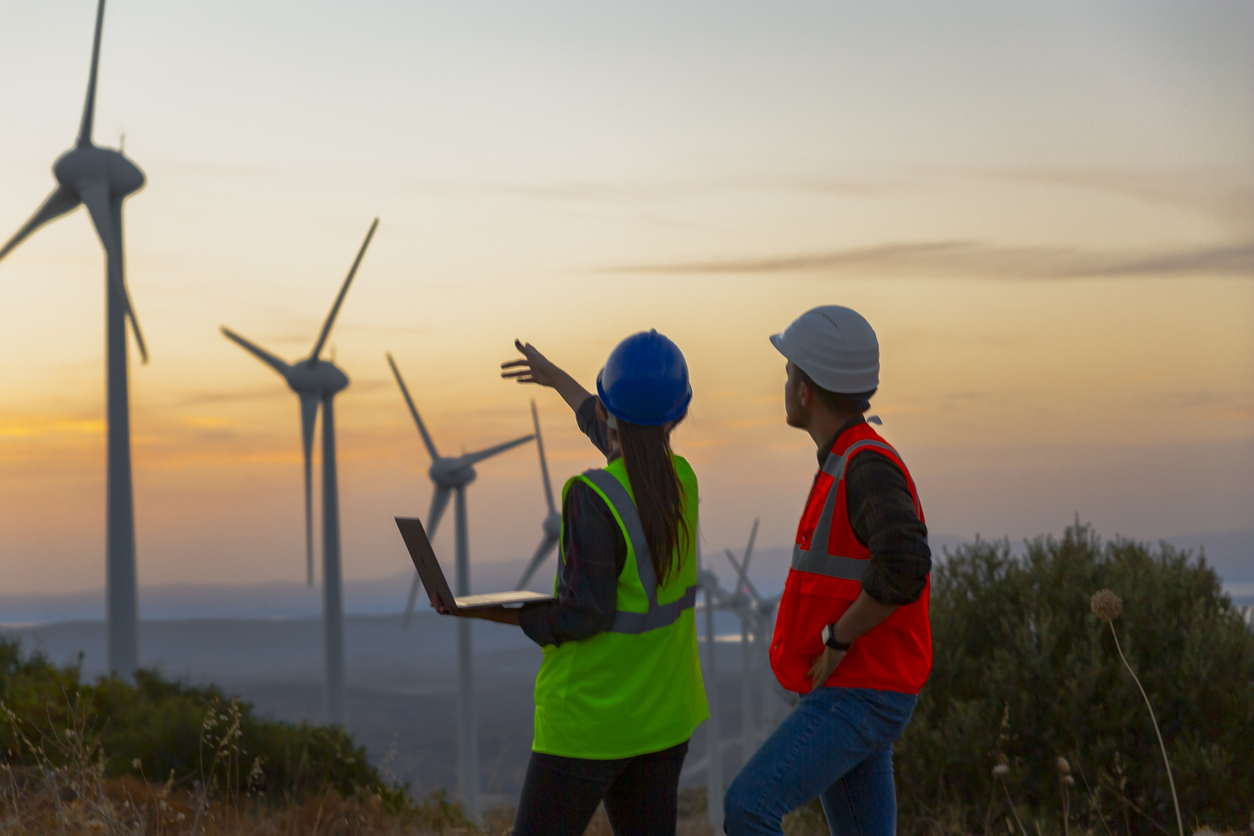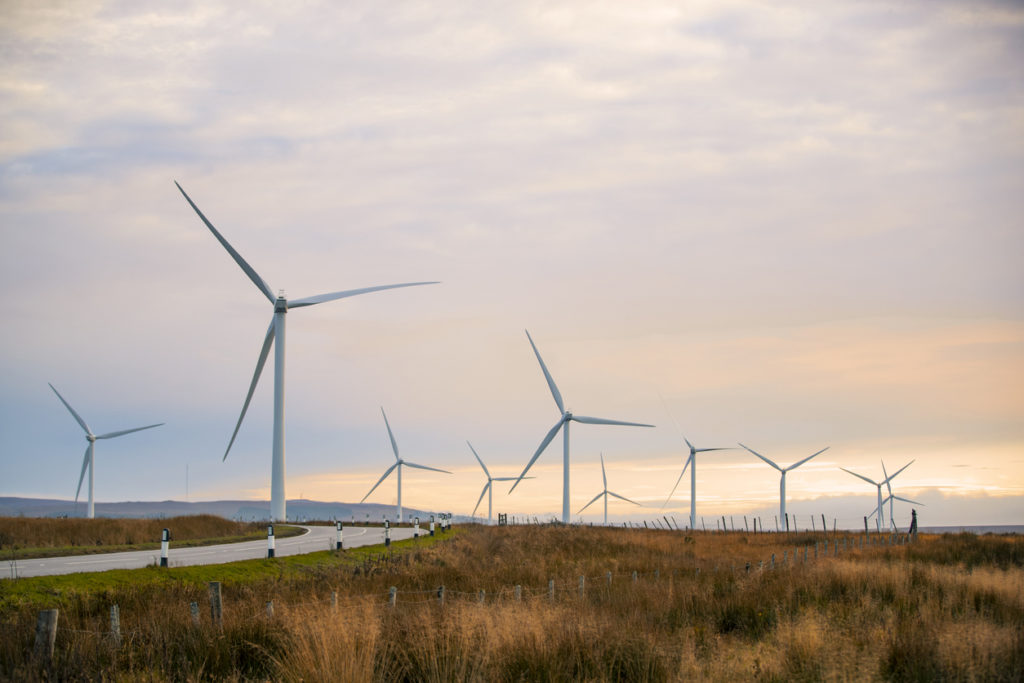Five things you need to know about Power Purchase Agreements
Five things every business should know about PPAs including the differences between a PPA, CPPA and VPPA.
Five things every business should know about PPAs including the differences between a PPA, CPPA and VPPA.

The energy crisis continues to impact every business and accessing the right energy supply contract has never been more complex. At eEnergy we believe in making energy simple, that is why we have put together this guide to five things you need to know about Power Purchase Agreements.
A PPA (Power Purchase Agreement) is an agreement between a buyer and seller of renewable electricity from a specific asset, at either a pre-determined or index linked price. The agreement will usually be over a longer term, with most PPA starting at a minimum of five years. Having a longer-term commitment from the buyer allows the renewable developer to make an investment decision and achieve the funding necessary to build the asset.
Traditionally, most PPAs were agreed between electricity suppliers and generators although PPAs are now able to be purchased by corporate entities.
CPPA stands for Corporate Power Purchase Agreement. A CPPA is an agreement between a corporate entity and a renewable electricity generator for the purchase and supply of renewable electricity. The agreement provides both parties certainty of price and just as importantly for the buyer, certainty on the source of their electricity. The normal contract period for a CPPA is 10 to 15 years at a fixed or index linked price. The buyer has the choice how much electricity they buy via a CPPA, it can be up to 100% of their expected consumption.
By signing a CPPA, the purchaser is directly investing in a “new to earth” renewable asset, providing “additionality” (brand new renewable electricity) which helps with the transition to Net Zero and avoid any concerns about green washing.
There are five key benefits to a CPPA, these are:
CPPAs tend to be long term agreements, lasting for ten or more years. This means that the purchaser is guaranteed a set price for the agreement, providing greater budget certainty. 10-year CPPA prices are currently trading at a significant discount to the market for the next 3 years. This gives purchasers an opportunity to reduce their electricity costs in the earlier years of a contract compared to current market prices.
The long-term nature of a CPPA also means that purchaser has security of supply for the duration of the contract. This is a prudent risk management approach, especially during the current period of uncertainty in the energy market right now. A CPPA also means the purchaser is buying their electricity directly from a renewable source. By sourcing their electricity via a CPPA, the purchaser can confidently say that they are fully contributing to reducing carbon emissions with no risk of being dragged into the green washing argument.

Generators of renewable electricity receive Renewable Energy Guarantees of Origin Certificates (REGO’s) for their part in the production of green energy. These are usually included within the CPPA. Electricity users can purchase the equivalent amount of REGO’s from renewable sources to show their energy use has come from green sources. For many organisations, demonstrating their green credentials has become a necessity as customers demand action on Net Zero.
A Virtual Power Purchase Agreement, also known as a financial PPA, is a financial agreement between a renewable generator and end user for the longer-term supply of renewable electricity, exchanging a fixed-price cash flow for a variable cash flow and often renewable energy credits. However, the agreement doesn’t involve the physical delivery of the electricity.
The agreement specifies that the electricity generated and the associated REGO’s are for the end user. Both parties will separately organise a contract with an energy supplier where the wholesale price is not fixed. When the energy market is above the agreed price, the generator pays the difference to the user. If the market is below, the user pays the difference to the generator.
For a developer, entering into a VPPA helps to put a floor under the electricity price for a project, which is a key step toward project financing. For a corporate buyer, entering into a VPPA means supporting sustainability goals while providing a hedge against market price volatility for the electricity it buys from its local supplier. The contract is not affected by the buyer’s actual electricity usage or the geographic location of its actual offtake.
Generally speaking, VPPAs are a lot easier to arrange than CPPA’s as they are a simple financial agreement, and the end user can choose to purchase the REGO’s as part of the arrangement.
If you want to know more about PPAs, CPPAs or VPPAs and how they could potentially benefit your business, then our team of energy experts are ready to help. They pride themselves on sharing their knowledge and simplifying the complex world of energy.
Reach out to our team on 020 3813 1550 or email us at [email protected] so we can help you explore what a Corporate Power Purchase Agreement could do for your orgsanisation.
*correct at time of publication – 13/12/2022
